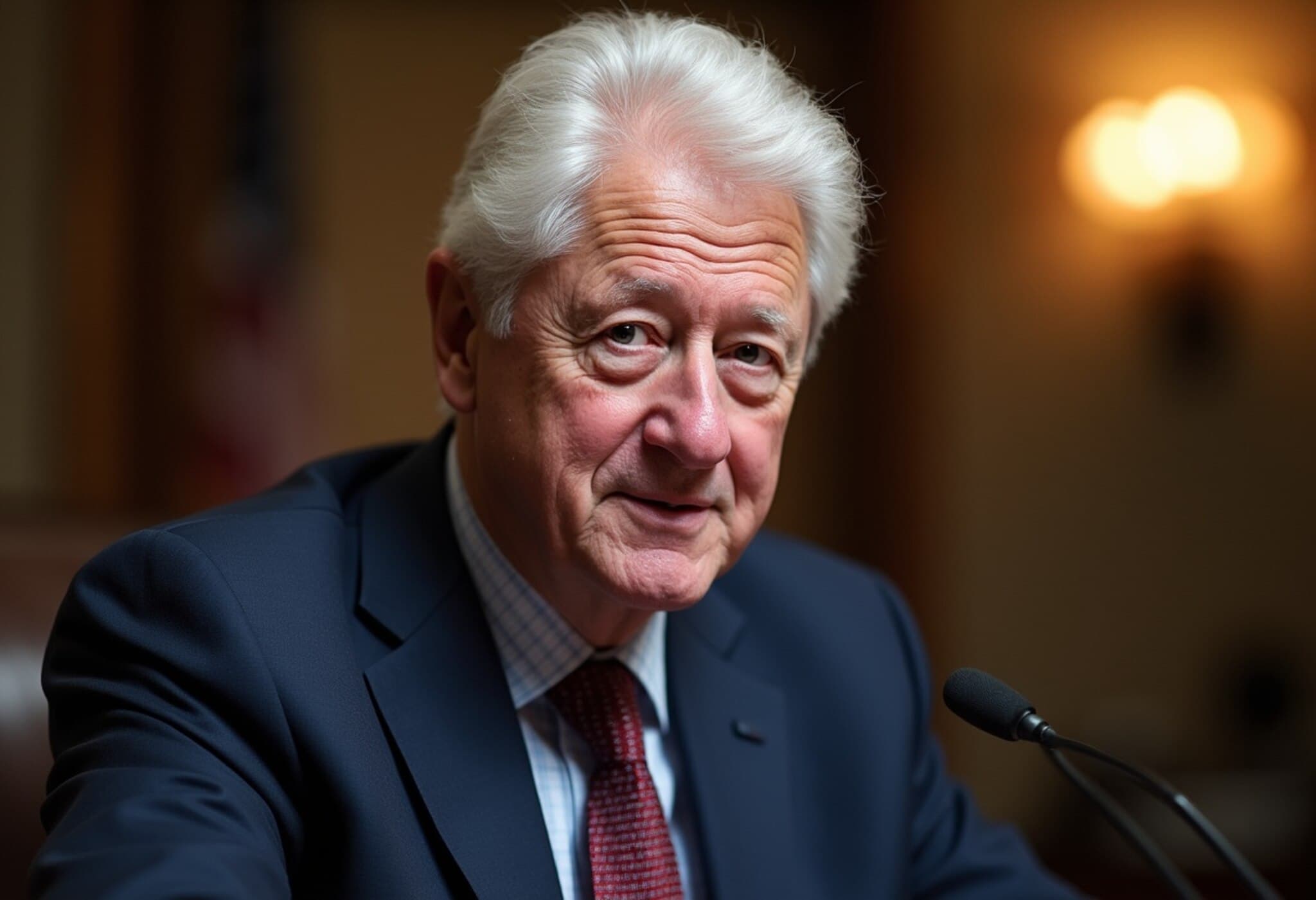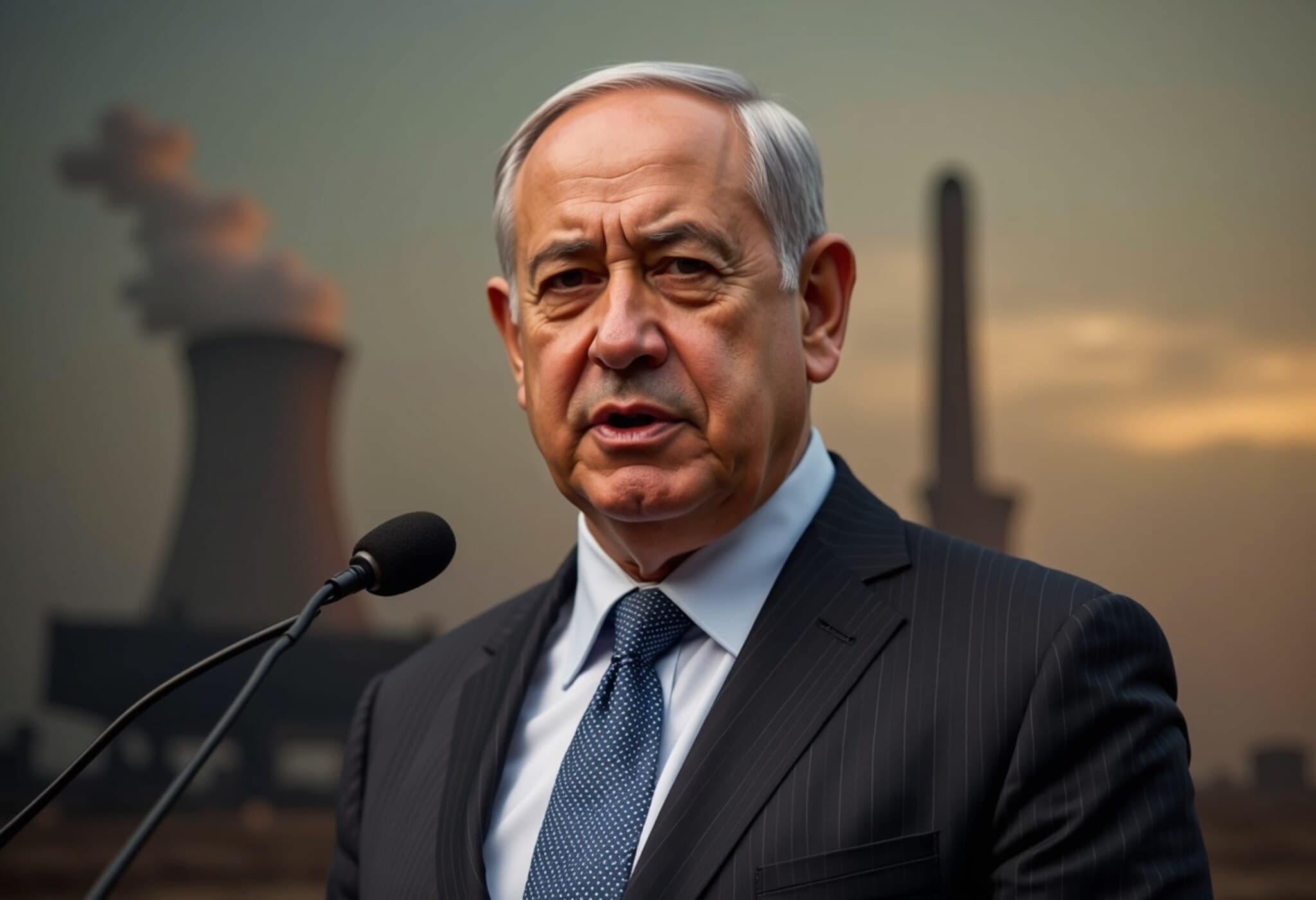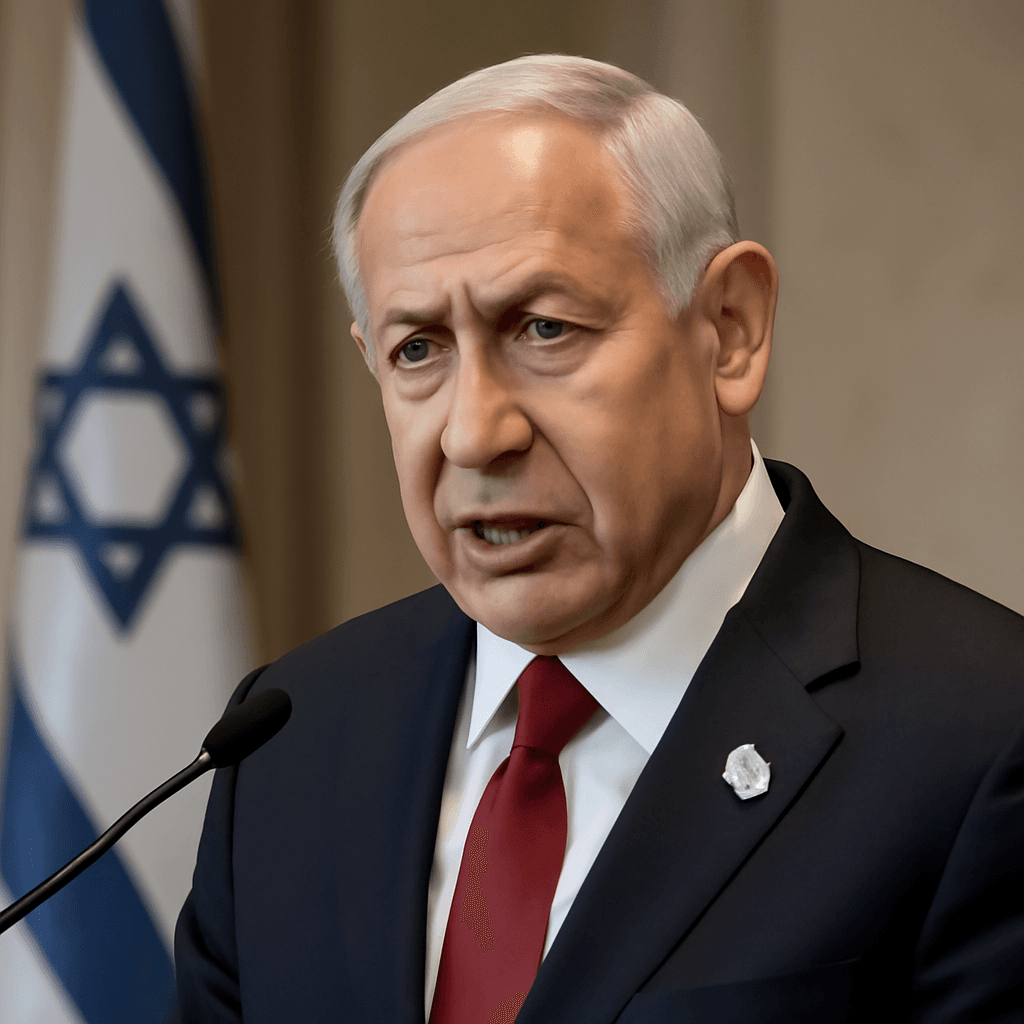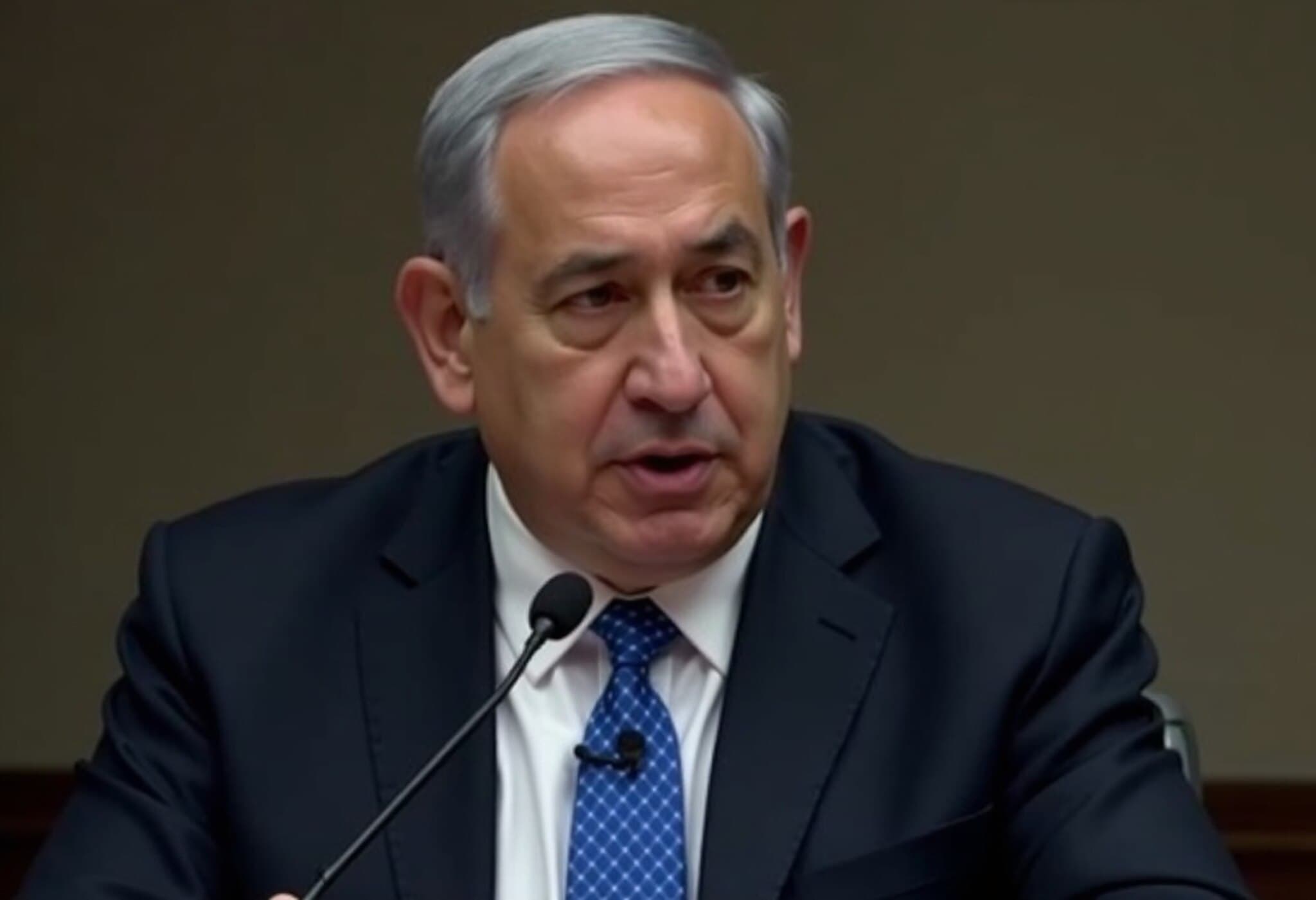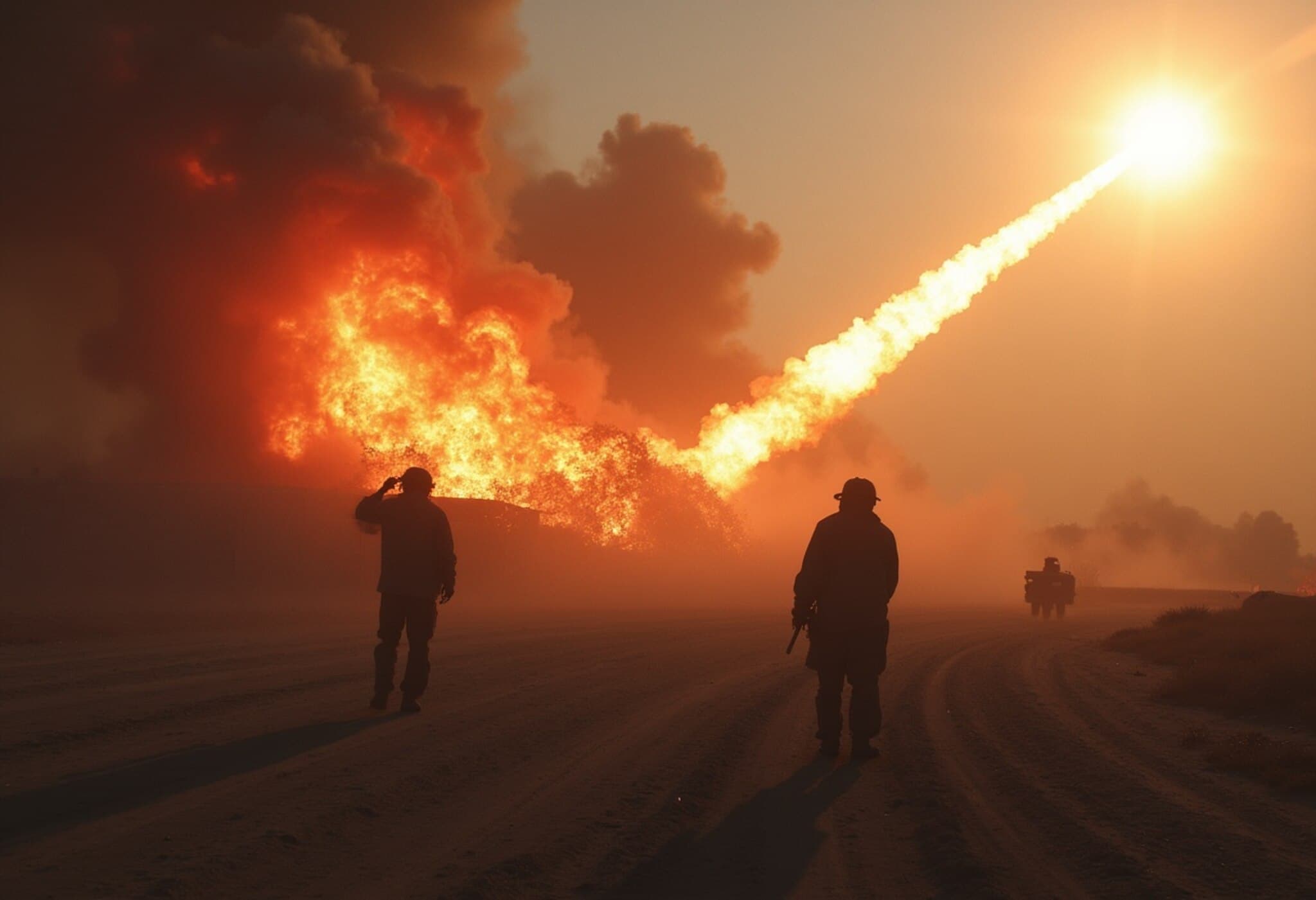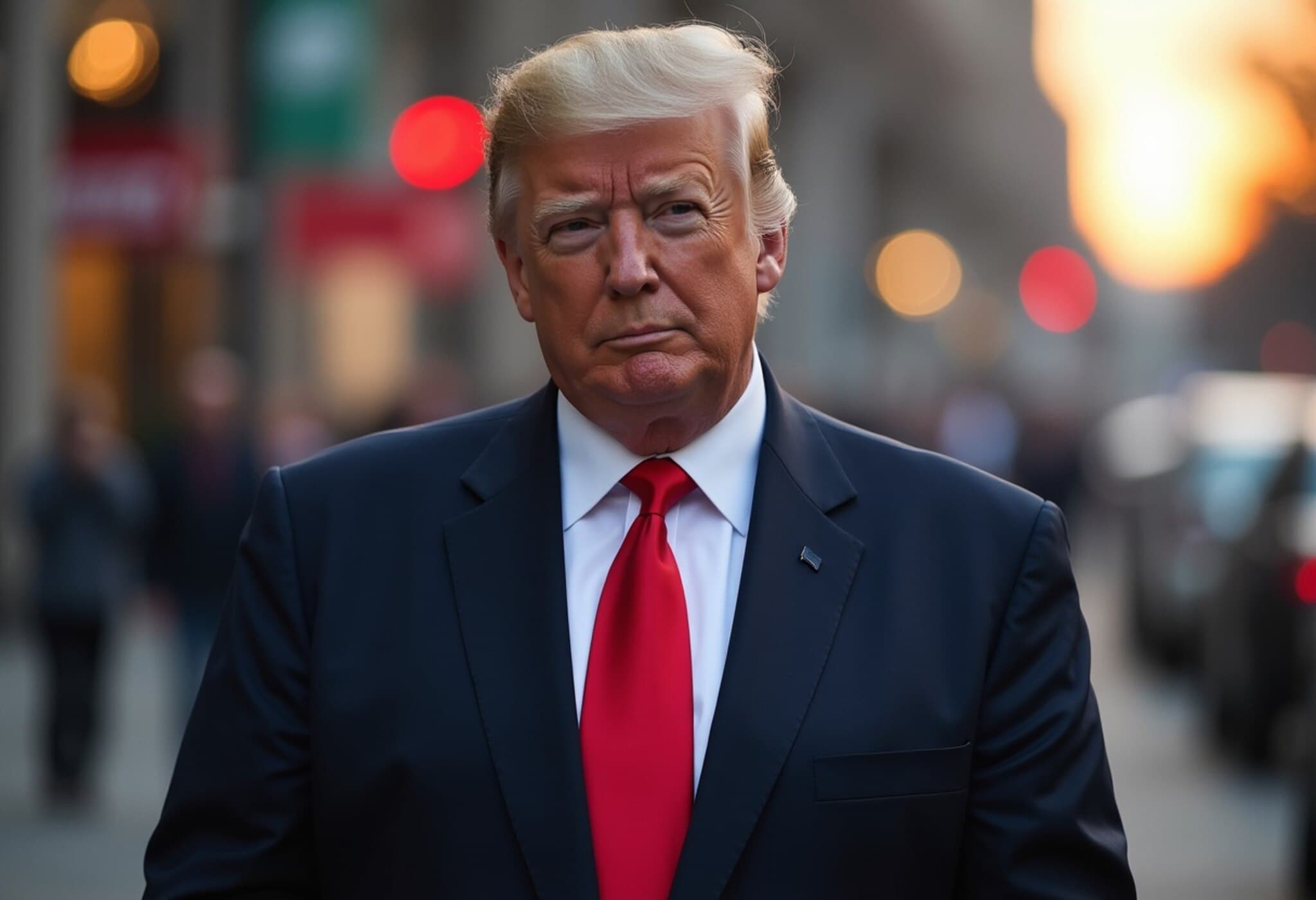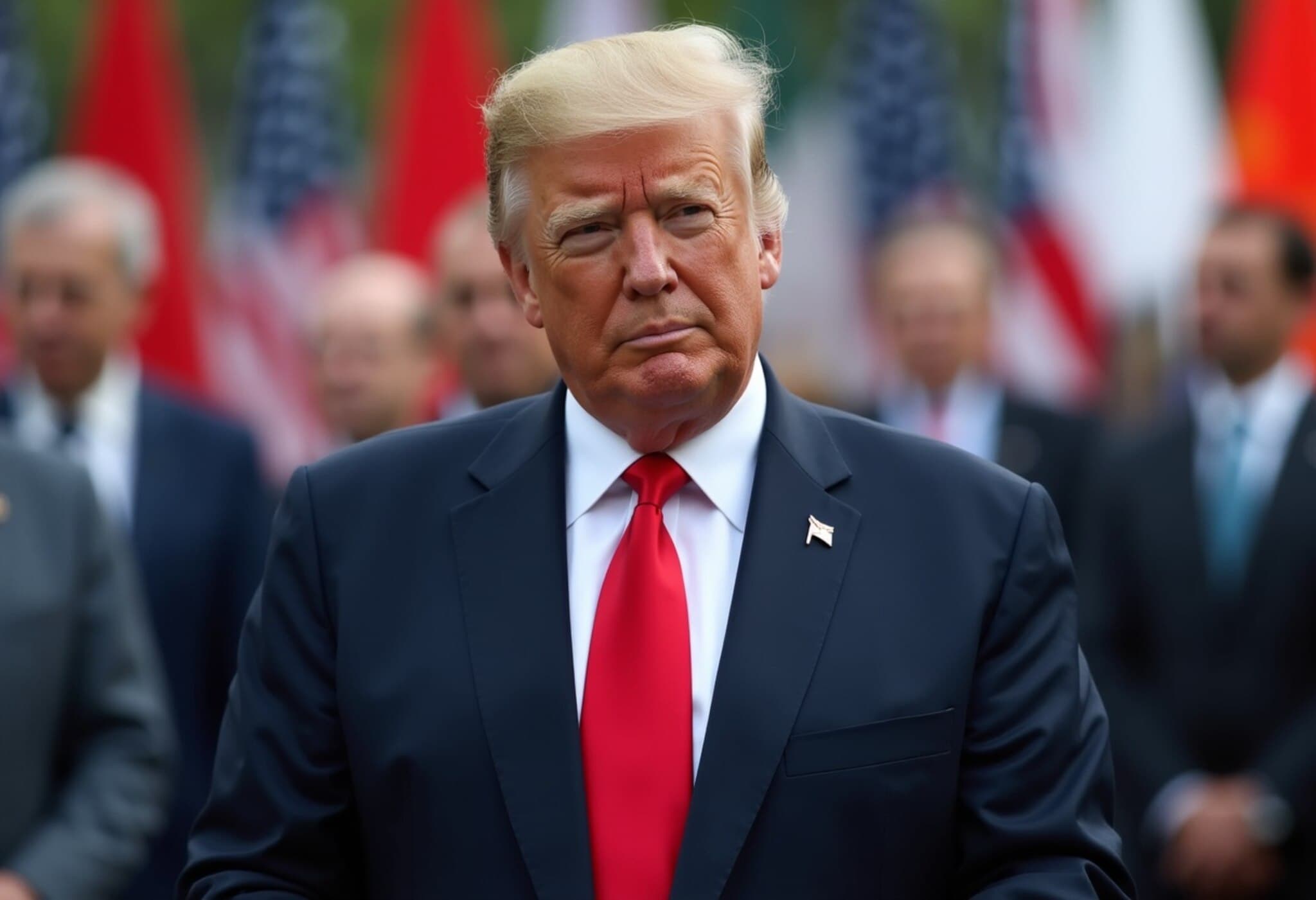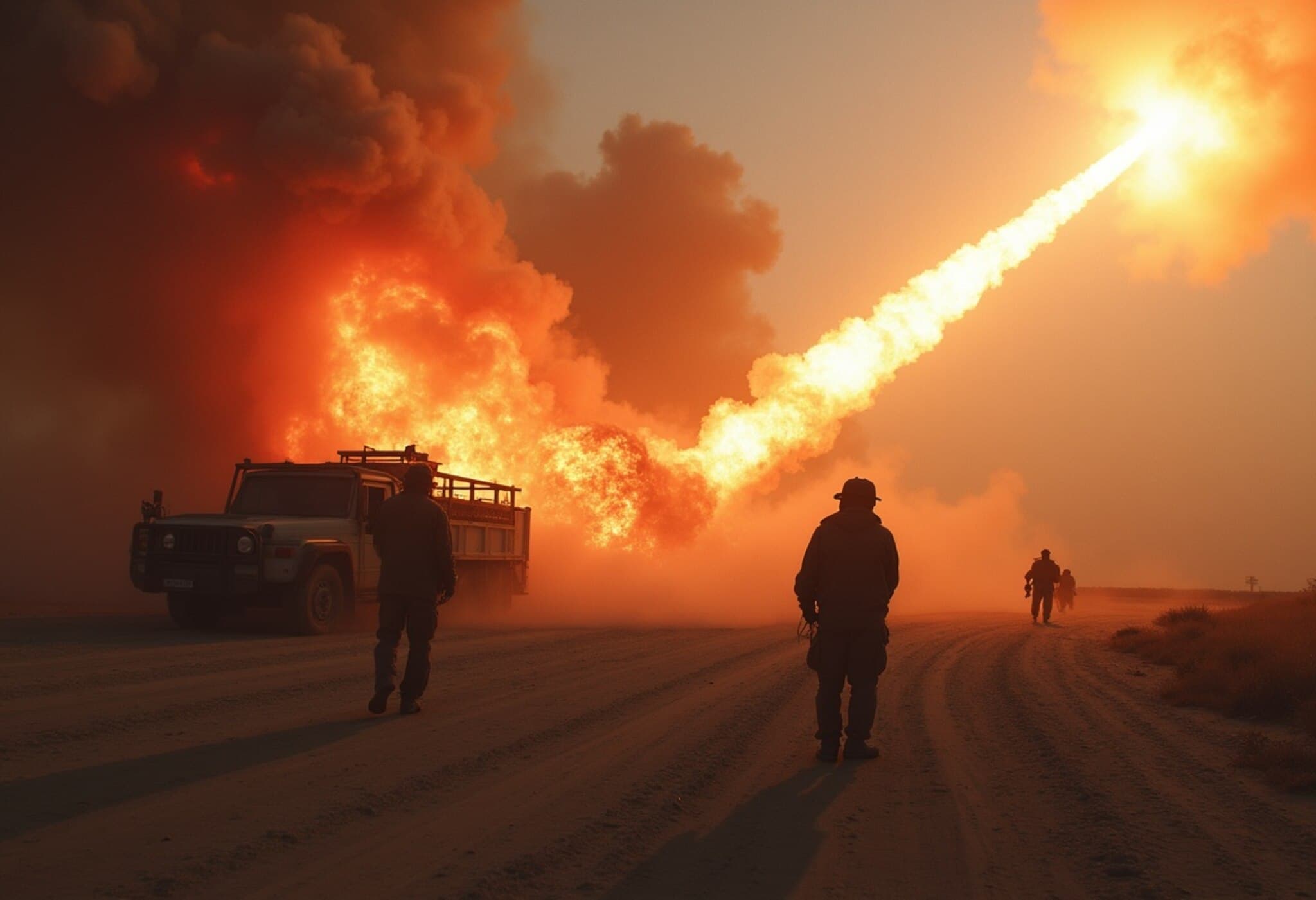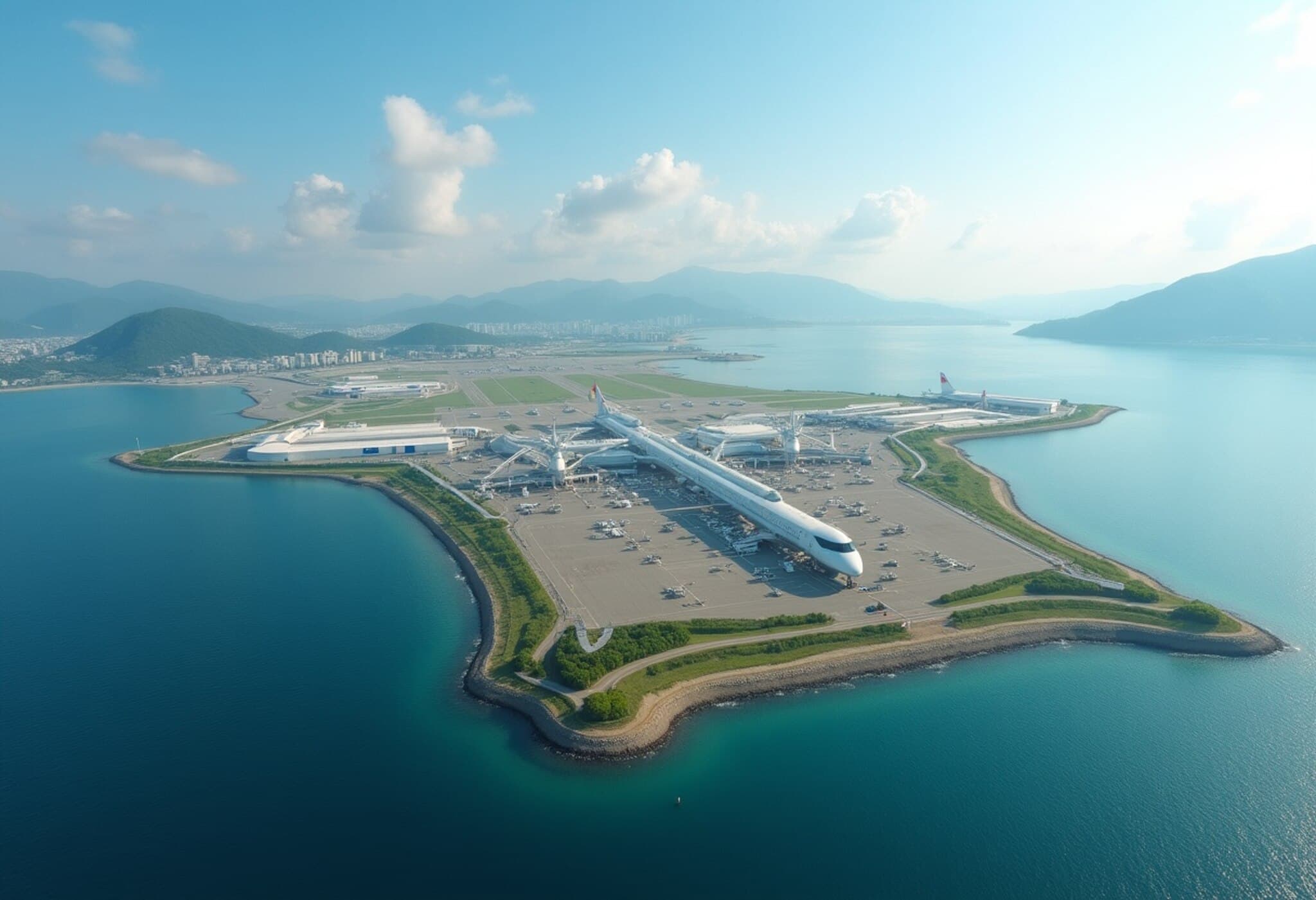Bill Clinton Critiques Netanyahu's Motives in Middle East Conflict
Former President Bill Clinton has weighed in on the escalating tensions between Israel and Iran, suggesting that Israeli Prime Minister Benjamin Netanyahu has a strategic reason for prolonging hostilities. Clinton claims Netanyahu’s persistent stance against Iran is partly motivated by a desire to maintain his grip on power, having been in office for much of the past two decades.
However, Clinton emphasized that neither Netanyahu nor then-President Trump wants to ignite a full-scale regional conflict. Instead, Clinton urged for a de-escalation to prevent further civilian casualties.
Calling for Calm and Ending Civilian Suffering
Highlighting the devastating human toll, Clinton expressed frustration over the “outright constant killing of civilians” caught in the crossfire. He underscored that the ongoing conflict primarily harms innocents who seek nothing more than stable, peaceful lives.
Clinton pointed out a shared viewpoint between Trump and Netanyahu: a reluctance to establish a Palestinian state. “Under Netanyahu’s leadership, there is no intention to negotiate peace by granting Palestinians statehood,” he said, citing the deep divisions and weakened state of Palestinian political entities as further obstacles.
US Strategy on Iran Remains Unclear
The United States has maintained an ambiguous approach regarding Iran. Reports suggest there have been discussions about possible military action, but no definitive decisions. Trump himself admitted uncertainty, stating, “I may do it, I may not do it” when asked about potential US intervention against Iran.
Stopping Iran’s Nuclear Ambitions
Despite this ambiguity, Clinton firmly believes the US must prevent Iran from acquiring nuclear weapons. “We have to try to stop Iran from having a nuclear weapon,” he asserted. Yet, he added that achieving this goal should not come at the cost of ongoing civilian deaths or unprovoked violence.
Clinton stressed that Washington should work closely with Middle Eastern allies to provide security and stability without resorting to undeclared wars that predominantly harm non-combatants.
The Path Forward: Diplomacy Over Endless Conflict
In closing, Clinton’s message is clear: While security concerns regarding Iran’s nuclear program are valid, pursuing prolonged conflict with heavy civilian casualties is not the answer. Building a diplomatic solution that reduces violence and fosters some form of dialogue remains critical to shepherding peace in the volatile Middle East region.
By emphasizing caution and responsible leadership, Clinton calls on global powers to rethink strategies that only fuel further pain and instability.

